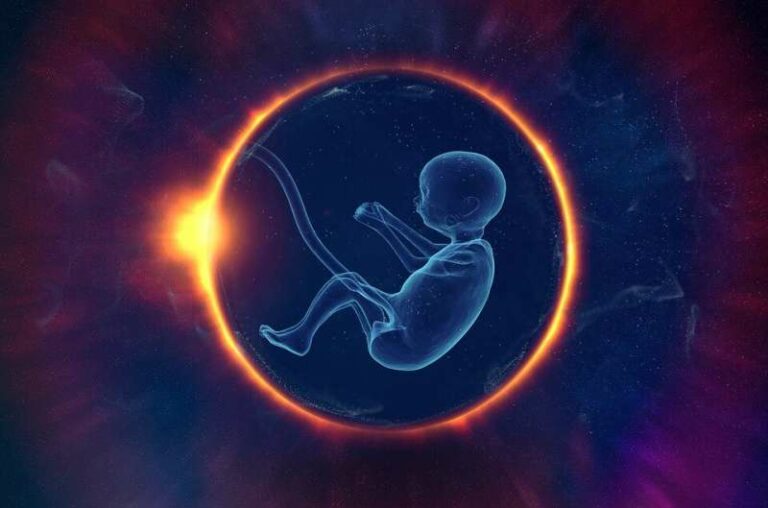Assisted reproductive technologies (ART) have significantly improved fertility treatments, offering hope to many couples. One such procedure, frozen-thawed embryo transfer, is becoming increasingly common. However, a recent study suggests that children born through this method might face a heightened risk of cancer compared to those conceived through other means.
Overview of the Study
Researchers from a prominent institution in Sweden conducted a comprehensive analysis of medical records from Nordic countries, including Denmark, Finland, Norway, and Sweden. The study included data on over 8 million children, with a specific focus on those born through ART. Of these, 22,630 were born following a frozen-thawed embryo transfer.
The study aimed to explore both short-term and long-term health risks associated with frozen-thawed embryo transfers. While previous research has highlighted immediate health concerns, this new study is among the first to examine potential long-term cancer risks.
Key Findings
The analysis revealed that children born after a frozen-thawed embryo transfer may be at a higher risk of developing cancer compared to those born following fresh embryo transfers or those who were not conceived through ART. Notably, leukemia and tumors of the central nervous system were identified as the most frequent types of cancer among these children.
Despite these findings, it’s important to note that only 48 children in the study developed cancer, indicating that while the risk may be slightly elevated, it remains relatively low. The researchers emphasize that further studies are necessary to fully understand the relationship between frozen-thawed embryo transfers and cancer risk.
Implications and Recommendations
These findings underscore the need for continued research into the long-term effects of various fertility treatments. Parents and prospective parents undergoing ART should stay informed about potential risks and discuss any concerns with their healthcare providers
Conclusion
The study suggests a potential increased cancer risk for children born after frozen-thawed embryo transfers. Although the number of affected children is small, this highlights the need for further research. Parents should stay informed and consult healthcare professionals for personalized advice.
Always consult with your doctor or a healthcare professional before making significant dietary changes for your health. They can provide personalized guidance based on your medical history and current health status.
Note: If you have any health-related concerns, please call us at +91-9058577992 to receive free consultation from our experienced doctors. Thank you.

